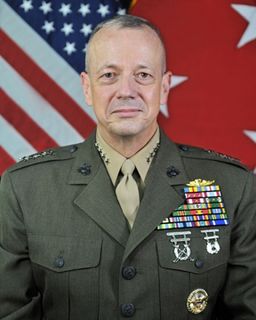A Quote by Christine Todd Whitman
Policy should always be rooted in unbiased science.
Related Quotes
I think evolution should be taught as an accepted principle. I say that also as the daughter of a school teacher, a science teacher, who has instilled in me a respect for science. I think it should be taught in our schools. I won't ever deny that I see the hand of God in this beautiful creation that is earth. But - that is not a part of state policy or a local curriculum in a school district. Science should be taught in science class.
When I got to MIT, I discovered a really interesting Master's program called the Science and Technology and Policy Program - it taught people with a background in STEM how to think about science and tech from a policy perspective. It was a great way to understand how to communicate science to a policymaker or a layperson.
Foreign policy is now a huge field. It isn't just people who are studying political science. There are so many aspects to it in terms of understanding hard science for people who are studying climate change, or people who are interested in health policy or food security, or people who care about education.


































